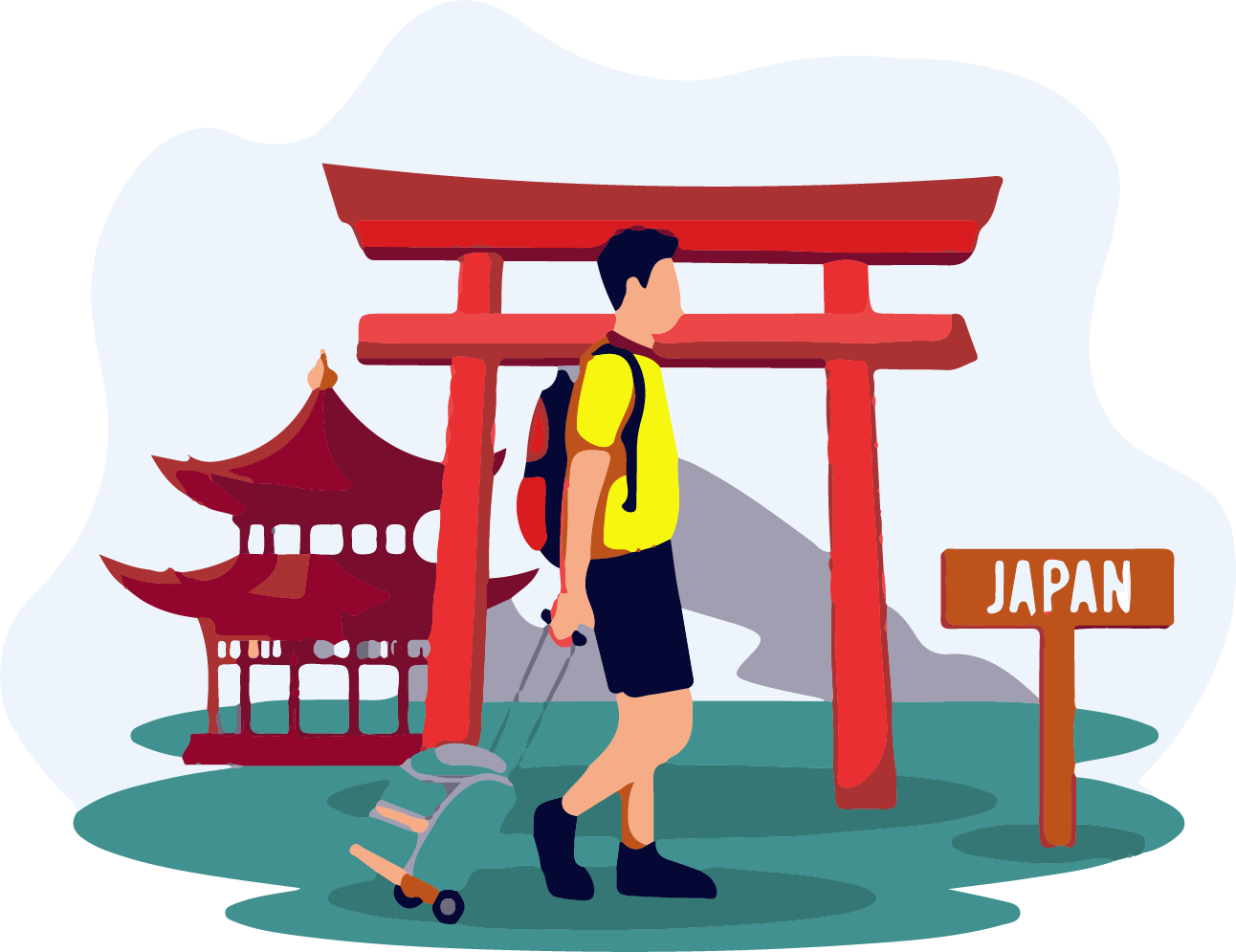Welcome to Kyoto!

Dear International Student,
May your journey as an international student be filled with enriching experiences and memorable moments.Kyota city steeped in history, culture, and modern innovation. Whether you're here to study, explore, or both, there's much to discover in this vibrant city.Discover all you need to settle in and explore Kyoto as an international student.
Know Before You Come
Weather
Be prepared for Japan's varied climate, which includes hot summers and cold winters. Kyoto experiences all four seasons distinctly, so pack clothing for both warm and cold weather.
Cost of Living
Japan can be expensive, so plan your budget accordingly. Consider accommodation, food, transportation, and other expenses. Kyoto, being a major city, may have higher living costs compared to other regions.
Accommodation
Finding a place to live in Kyoto can vary widely depending on your preferences and budget. Options range from university dormitories to private apartments. Start your search early, especially if you prefer specific neighborhoods like student-friendly areas near universities or cultural hubs like Gion and Pontocho.
Transportation
Kyoto has an extensive and efficient public transportation system, including buses and trains. Consider getting a transportation card like ICOCA for seamless travel across the city and beyond.
Student Life
Kyoto is home to several prestigious universities and has a lively student community. Take advantage of student discounts at museums, temples, and cultural events. Join student clubs or language exchange groups to meet locals and fellow international students.
Cultural Immersion
Embrace Kyoto's rich cultural heritage by visiting historical sites such as Kinkaku-ji (Golden Pavilion), Fushimi Inari Shrine, and the traditional streets of Higashiyama. Participate in tea ceremonies, try Kyoto cuisine like kaiseki (traditional multi-course meals), and explore local festivals.
Language and Communication
While English is not as widely spoken compared to major cities like Tokyo, many young people and service industry professionals in Kyoto have basic English proficiency. Learning some Japanese phrases can greatly enhance your experience and interactions.
Safety and Health
Kyoto is generally considered a safe city with low crime rates. Familiarize yourself with local emergency contacts and healthcare options, including university health services and clinics.
Networking and Support
Seek out international student support services provided by your university or organizations like local international associations. They can offer assistance with administrative tasks, cultural adjustment, and social activities.
Banking
Setting up a bank account in Japan can be beneficial for managing finances. Choose a bank that offers services in English and supports international wire transfers.
Emergency Contacts
Familiarize yourself with emergency numbers in Japan, such as 110 for police and 119 for fire and ambulance services.
Mobile and Internet
Get a local SIM card or a mobile phone plan to stay connected. Wi-Fi is widely available, but having mobile data can be very convenient.

